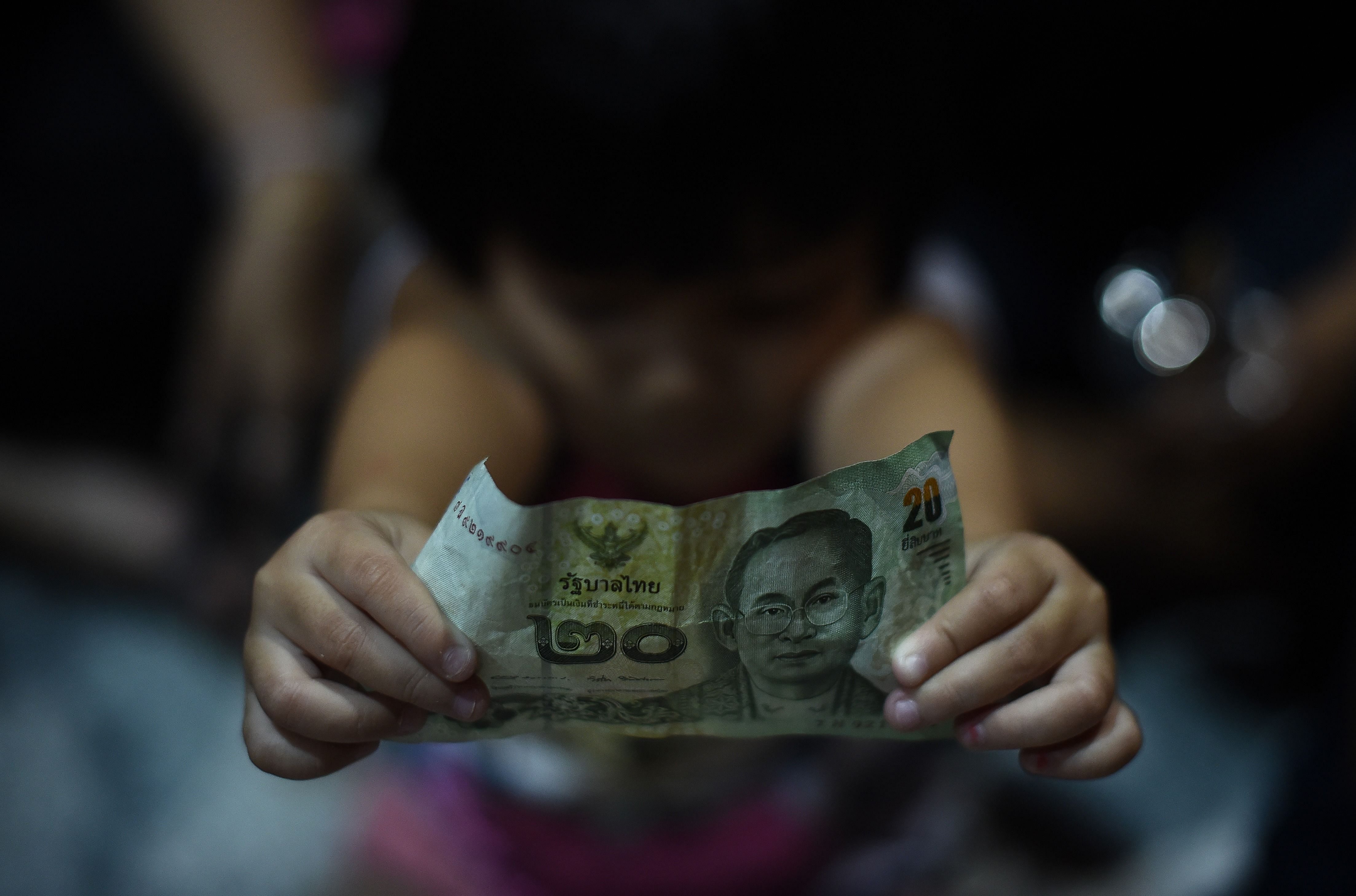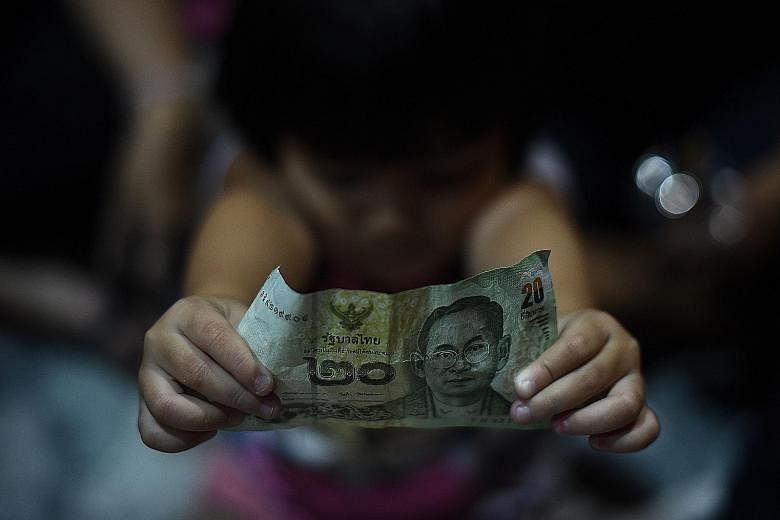The death of Thailand's King Bhumibol Adulyadej brought a great amount of grief and anguish on his people. I lived in Thailand many years ago, and was personally saddened to hear of his passing and know how highly revered he was.
While his political power was limited, the late King was not only seen as a stabilising force but was, in fact, a very important influence on the military, bureaucracy and all other segments of the society.
It helped to ensure stability over his 70-year reign, which spanned many changes - and at times turmoil - not only in Thailand but throughout the world.
When concerns about the late King's health began to intensify, the Thai equity market and its currency, the baht, also began to suffer.
As the world's longest-reigning monarch and given the overwhelming emotional ties the Thai people have with him, the ramifications of a royal succession have been a source of uncertainty in Thailand for a number of years, although it is expected that Crown Prince Maha Vajiralongkorn will succeed his father in due course.

I think it will take time for people to get used to the change, and while the prince doesn't have the same stature his father had, hopefully the prince will be able to step in and help Thailand move forward in a positive direction.
One thing we do know is that there is a very dynamic and changing situation in Thailand right now. The country has been prone to coups, and has been under military rule since the one that occurred in 2014. Thailand's general election is coming up next year, so we could see some significant changes ahead, and investors need to be prepared for that - and also for market volatility.
Thailand's equity market has reacted negatively to the current uncertainty, with concerns centred on possible instability due to conflicts of interest between different groups in the aftermath of a succession, including potential terrorist plots.
There are also concerns that in the aftermath of a succession - following a national mourning period - political differences could again re-emerge in Thailand that have in the past been destabilising.
However, in our view, the backdrop to a royal succession has improved drastically in recent years, with competing street protests long since passed and a new Constitution approved by the electorate. The military government remains in power to oversee any succession as well as the 2017 elections. Security across the country appears to be tight.
In general, we remain constructive on the macro situation in Thailand. Large banks there look attractive to us, as growth has been reflected in the latest quarterly earnings reports and valuations appear reasonable.
OUR OUTLOOK
Despite the market volatility we have seen so far, it is worth noting that the Stock Exchange of Thailand generally is higher than its 2016 lows, and the baht remains above its lows seen early this year.
In the short term, we think the power transition in Thailand is likely to affect specific areas of the economy. A period of national mourning would be expected to impact the media and entertainment industries, for example, and there could be secondary impacts on tourism.
Uncertainty relating to the monarchy has been a long-running concern of both domestic and foreign investors; accordingly, many market participants have excess holdings of cash that may act as a spur to the market as these fears pass with a succession.
In addition, Thailand's government is embarking upon an ambitious long-term growth agenda in its recent five-year plan, with a focus on infrastructure spending, both directly from public funds as well as through state enterprises executing projects, aided by debt and public-private partnerships.
Beyond weak near-term sentiment, the structural drivers in Thailand - from a macroeconomic perspective as well as the country's bottom-up stock fundamentals - remain attractive to us. A reduction in longer-term uncertainty should prove positive for the Thai market.
We view Thailand's low fiscal deficit of 3 per cent as providing room for further stimulus spending if required. Additionally, the substantial current account surplus (above 12 per cent of gross domestic product) should be supportive of the currency and place Thailand in a strong position to benefit from a potential recovery in global trade.
These factors, alongside the boost to spending that usually accompanies elections, are likely to have a far greater effect on Thailand's overall economic growth than the current short-term uncertainty.
While there remains potential for political friction, Thailand has a long history of rebounding from difficulties, demonstrating the resilience of its people and economy as well as the competence of its bureaucracy.
Recent events do not fundamentally alter our positive outlook towards the country as a whole.
•The writer is the executive chairman of Templeton Emerging Markets Group.

